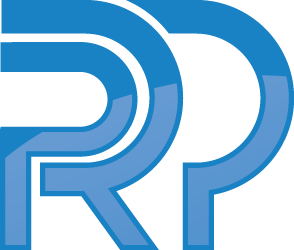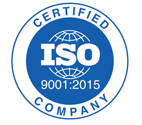The FDA's release of the final guidance on marketing submission recommendations for Predetermined Change Control Plans (PCCPs) in AI-enabled device software represents a significant milestone in the regulation of advanced medical technologies. This guidance provides a clear framework for manufacturers seeking to market AI-enabled devices with evolving capabilities while maintaining compliance with regulatory requirements.
Why PCCPs Matter in AI-Enabled Devices
AI-enabled software is uniquely dynamic, often requiring continuous updates to enhance performance, adapt to new data, or improve safety. Traditional regulatory frameworks, designed for static devices, pose challenges for such software, potentially stifling innovation or delaying access to life-saving technology. PCCPs address this gap by allowing manufacturers to outline planned updates and the mechanisms for implementing and validating these changes during the initial marketing submission process.
Key Components of the FDA Guidance
-
Scope and Applicability
The guidance applies to software as a medical device (SaMD) and software in a medical device (SiMD) that incorporates AI/machine learning. It emphasizes that PCCPs should only include modifications that do not require new marketing submissions under existing regulations. -
Elements of a PCCP
A robust PCCP must include:- Description of planned changes: Clear identification of anticipated modifications and their clinical significance.
- Modification Protocol: Detailed procedures for implementing, verifying, and validating changes.
- Impact Analysis: Evaluation of how updates affect device safety, effectiveness, and regulatory compliance.
-
Submission Requirements
Manufacturers must provide sufficient evidence demonstrating that the device, with its planned modifications, will maintain its intended performance and safety profile. This includes test data, risk analysis, and documentation of robust change management processes. -
Post-Market Oversight
The guidance underscores the importance of post-market surveillance to ensure that implemented changes align with the approved PCCP and do not introduce new risks.
Implications for Manufacturers
The guidance provides a proactive pathway for innovation in AI-enabled devices. Key benefits include:
- Streamlined Regulatory Processes: By addressing updates upfront, manufacturers can reduce the burden of repeated marketing submissions.
- Faster Access to Market: Patients benefit from timely access to improved device functionality.
- Enhanced Compliance: A well-structured PCCP minimizes regulatory uncertainty, fostering trust among stakeholders.
Challenges and Best Practices
Implementing a successful PCCP requires significant forethought and collaboration between regulatory, quality, and development teams. Manufacturers should:
- Leverage AI-specific validation methods to ensure robustness.
- Maintain transparent documentation to facilitate FDA review.
- Continuously monitor and update processes to reflect emerging standards and technologies.
A Look Ahead
As the adoption of AI in healthcare accelerates, the FDA's final guidance on PCCPs sets a precedent for balancing innovation and patient safety. It demonstrates the agency's commitment to fostering a regulatory environment that supports the dynamic nature of AI technologies while ensuring that safety and efficacy remain paramount.
For manufacturers, this guidance is an invitation to innovate responsibly, leveraging PCCPs as a strategic tool to bring cutting-edge AI-enabled devices to market with confidence.
If you need any assistance with respect to Quality or Regulatory Compliance matters for your devices, please contact us at PRP. We understand how challenging it can be to maintain compliance while managing your day-to-day operations. We have a large, experienced team of Med Device QA/RA consultants throughout the country who can seamlessly integrate with your team to fill any gaps in expertise or bandwidth, ensuring you stay on track with your compliance goals. We would welcome the opportunity to work together!


